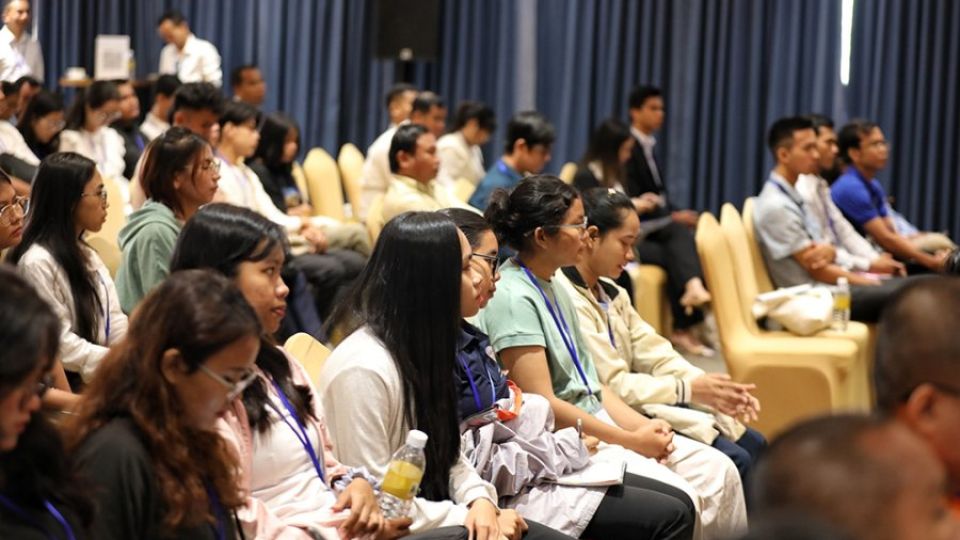November 25, 2024
PHNOM PENH – As artificial intelligence (AI) increasingly integrates into workplaces and private lives to simplify and assist daily tasks, experts are raising concerns about its ethical use and the security of personal data.
The benefits and challenges of AI technology were discussed during a dialogue on “Digital Democracy and AI for Citizen Engagement and Good Governance in Cambodia”.
The event, held on November 21, was organised by the Cambodian Institute for Democracy (CID) in collaboration with several NGOs.
Thomas White, director of democracy and governance at USAID Cambodia, noted that the country has opportunities to adopt technology for implementing digital governance, as highlighted in the country’s Digital Government Policy 2022-2035. However, he emphasised the need for responsible technological development.
“In the US, we’ve found that the growth of digital platforms and AI technology not only fosters growth, but also presents challenges that require careful navigation. Digital tools and internet usage have the potential to enhance governance, facilitate citizen participation in political processes and promote transparency, which helps governments make informed decisions,” he said.
Sek Socheat, an independent researcher and speaker at the event, shared that technology enables citizens to voice their opinions and challenge issues they deem unjust.
He said this influence led the government to reconsider certain policies, including Cambodia’s withdrawal from the Cambodia-Laos-Vietnam Development Triangle Area (CLV-DTA).
He also warned about the misuse of AI, which can lead to legal repercussions or compromise personal privacy through careless use.
“When used responsibly, AI benefits society and citizens, but irresponsible use can lead to legal risks,” he noted.
Socheat encouraged the government to strengthen cybersecurity, as vulnerabilities in this area could lead to online threats like hacking and fraud, which pose risks to society as a whole.
Marc Pinol Rovira, head of research at the Asia Center, highlighted Cambodians’ growing embrace of technology.
This year, he said, internet penetration in the country reached approximately 60 percent, a significant increase from less than five percent 15 years ago.
However, he questioned whether this use is responsible and accountable, pointing to emerging challenges and threats.
“Some knowingly use AI to break the law, which is not a way to go. Others unknowingly misuse AI, leading to problems, such as using AI for data analysis without understanding where the information they input is stored or processed,” he explained.
Pen Bona, spokesperson for the government and a panelist at the event, affirmed that the seventh mandate government prioritises technology and AI, as outlined in the fifth priority of the country’s Rectangular Strategy. He encouraged citizens to use technology responsibly, especially within the framework of the law.
“Some individuals misuse technology for malicious purposes, flooding online platforms with fake news, distorted information and doctored images, which is a significant issue today,” he said.
Bona urged all users to adopt ethical behaviour, show mutual respect and avoid crossing legal boundaries that could result in legal actions.
Panelists from UNESCO, media organisations, German political think tank Konrad-Adenauer-Stiftung (KAS) in Cambodia and digital security experts emphasised the importance of using AI to enhance civic participation in democratic processes.
Most speakers highlighted the limitations and responsibilities surrounding AI usage, the accountability of AI developers for user safety and privacy and the government’s duty to uphold users’ rights.


